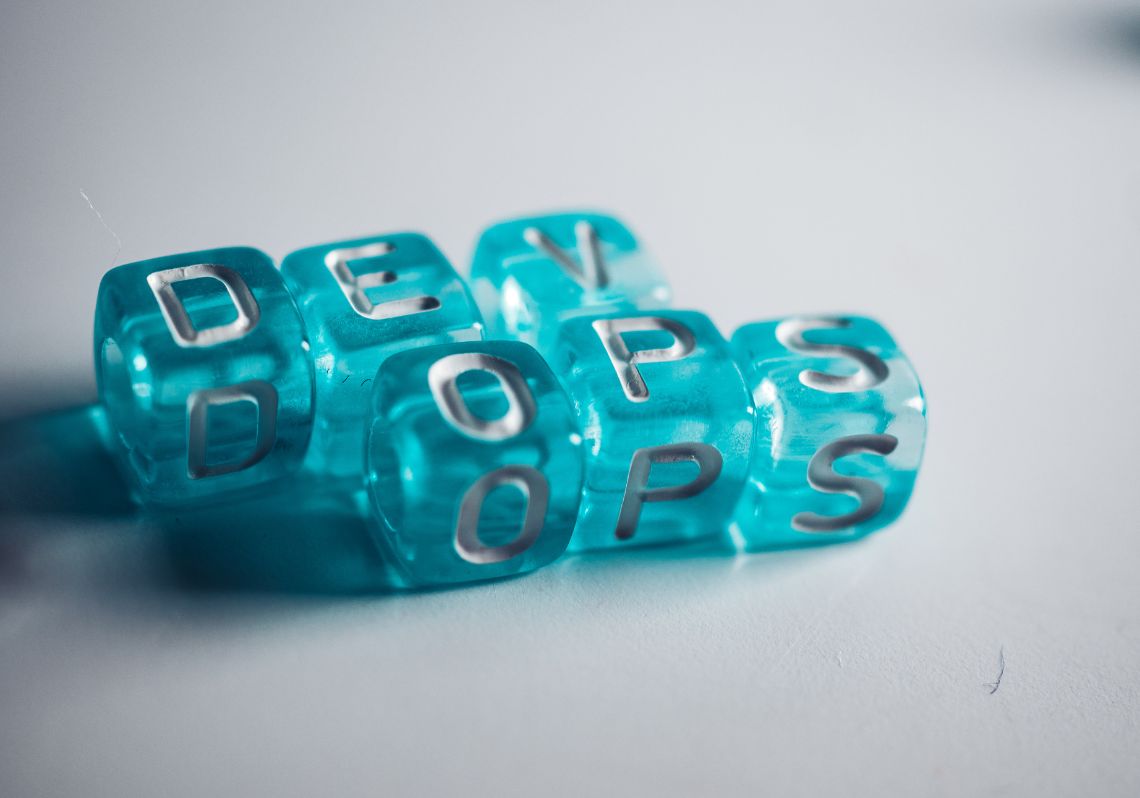MLOps vs. DevOps vs. ModelOps: A Detailed Comparison

Multiple disciplines have emerged to address the difficulties in managing and operationalizing software development, machine learning, and ML models in the constantly changing world of technology. MLOps, DevOps, and ModelOps are three well-known fields in this field. Each discipline has its own focus and distinctive qualities, even though they all share the same overall objectives of increasing productivity and efficiency. In this guest post, we will compare MLOps, DevOps, and ModelOps in-depth, highlighting their key distinctions and demonstrating their significance in contemporary organisations.
Streamlining Software Development and Deployment Through DevOps
A software development methodology called DevOps places a strong emphasis on communication, automation, and teamwork between the development and operations teams. Its main goal is to shorten the software development lifecycle (SDLC) by promoting cross-functional collaboration, tearing down silos, and automating procedures. DevOps combines organisational, technical, and cultural best practises to produce software more quickly and with higher quality and reliability. It allows teams to develop, test, and deploy software iteratively because it includes continuous integration (CI), continuous delivery (CD), and continuous deployment (CD).
Operating Machine Learning Models (MLOps)
Machine Learning Operations, or MLOps, is a field that specialises in operationalizing ML models in real-world settings. In order to guarantee the performance, scalability, and reliability of ML models, it addresses the difficulties of managing and deploying them at scale. To streamline the entire ML lifecycle, MLOps combines best practises and methodologies from data science, software engineering, and IT operations. It includes preprocessing of the data, training of the model, deployment, monitoring, and maintenance. To enable the seamless integration of ML models into production systems, MLOps places a strong emphasis on automation, reproducibility, and collaboration between data scientists, developers, and operations teams.
Holistic Model Lifecycle Management: ModelOps
ModelOps encompasses the entire lifecycle of ML models, from development to retirement, going beyond the purview of MLOps and DevOps. It offers a framework for controlling, supervising, and managing models in production. Data scientists, data engineers, IT operations, business stakeholders, and compliance specialists are the main focus of ModelOps' collaboration and coordination efforts. Version control, model tracking, documentation, and governance are all emphasised as being crucial for ensuring transparency, reproducibility, compliance, and accountability throughout the model lifecycle. By enhancing their functionality, addressing their biases, and iteratively improving them, ModelOps seeks to maximise the value and impact of ML models.
Key Differences and Common Ground:
- Focus and Scope
- DevOps: Concentrates on streamlining the process of developing and deploying software.
- MLOps: Concentrates on applying ML models in real-world settings.
- ModelOps: Covers the entire lifecycle of ML models and places a strong emphasis on collaboration, governance, and ongoing improvement.
- Collaboration between stakeholders:
- DevOps promotes cooperation between the development and operations teams.
- Data scientists, developers, and operations teams can work together more effectively thanks to MLOps.
- ModelOps: Involves a larger group of stakeholders, such as compliance experts, data scientists, and data engineers, as well as IT operations and business stakeholders.
- Continuous Integration and Automation
- Software development, testing, and deployment processes are automated by DevOps.
- Automates the training, deployment, and monitoring of ML models with MLOps.
- ModelOps: Simplifies the entire model lifecycle by combining automation strategies from DevOps and MLOps.
- Governance and Compliance:
- DevOps: Concentrates on software quality and makes sure that coding standards are followed.
- Model performance, monitoring, and ensuring compliance with ML-specific requirements are all covered by MLOps.
- Throughout the model lifecycle, including model version control and documentation, ModelOps places a strong emphasis on governance, transparency, and compliance.
Conclusion:
MLOps, DevOps, and ModelOps are three separate but related disciplines that are essential to managing ML and software development projects. The main goal of MLOps is to operationalize ML models and guarantee their scalability and reliability. Software development and deployment are streamlined through the use of DevOps, which encourages teamwork and automation. ModelOps oversees the entire lifecycle of ML models, placing a strong emphasis on governance, teamwork, and ongoing improvement.
Organisations must carefully consider their unique needs and objectives if they are to realise the full potential of AI and ML initiatives. The effectiveness, productivity, and successful management of software and machine learning projects can all be significantly improved by utilising MLOps, DevOps, or ModelOps. Organisations can successfully navigate the complexity of contemporary technology and foster innovation in the digital age by adopting these methodologies.
Business

Comments